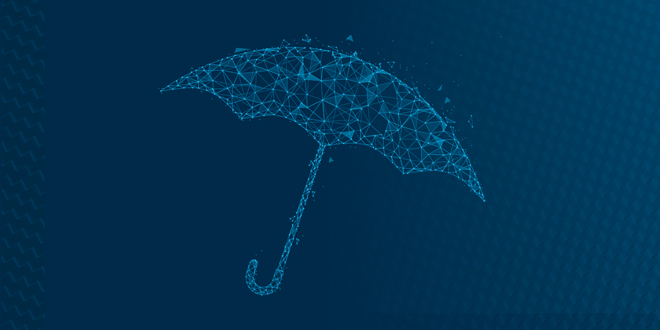As high-profile ransomware attacks have been making headlines in recent weeks, and with the U.S. government mandating cyber incident reporting, it’s clear that taking the steps necessary to protect your business and your sensitive data is a critical part of doing business today. According to two retailers whose operations were recently affected by ransomware attacks, the key difference in whether a company decides to pay ransoms is the quality of backups.
In this article from WeLiveSecurity, a security research website, there are explanations of the different types of backups that are available and why it’s important to regularly back up your data. Here are some highlights from the article.
Choosing the Right Backup
Here’s a breakdown of the different types of data backups, according to WeLiveSecurity. Talk to your IT staffer or vendor to determine which one makes the most sense for your operation.
- Full backup—a complete backup of all the files and programs on your computer or network
- Incremental backup—after the initial full backup, a type of data backup that updates whatever files have been added, deleted or otherwise modified since the last back
- Differential backup—similar to the incremental backup, this form also backups all the files again, in addition to what has been added, removed or otherwise modified since the initial full backup
Where to Store Your Backup
In this Entrepreneur article, there are a few common solutions for how you can store your data, and it all depends on how much data you have and how much regular access you and your staff need to it.
- Thumb or flash drives. While these storage devices allow you to transport data easily, they typically have a small capacity and aren’t exceptionally secure. Flash drives can work if you’re copying data from one stationary device to another, but they aren’t the best option for backing up entire computers or networks that require multiple points of access.
- External hard drives. If you want to backup several computers or want to store large files you don’t often need immediate access to, an external hard drive may be a solution for you. If the hard drives aren’t connected to your network, you would need to manually perform data backups.
- Online or cloud storage. In addition to having automatic data backup capabilities, online or cloud storage makes it possible to easily share files internally and externally and there are often data protection services built into the storage plans.
- Network-attached storage. These systems function similarly to cloud storage, but can be physical hard drives that are stored and connected to local devices. One benefit of this type of system is a redundancy in backups, in case one hard drive fails.
There are a lot of technical decisions to make in the name of data security, and it’s important that you make the best choice for your business. Be sure to consult an IT expert to be sure you have a complete understanding of the data you have and how you can protect it.
 Hardware Retailing The Industry's Source for Insights and Information
Hardware Retailing The Industry's Source for Insights and Information








